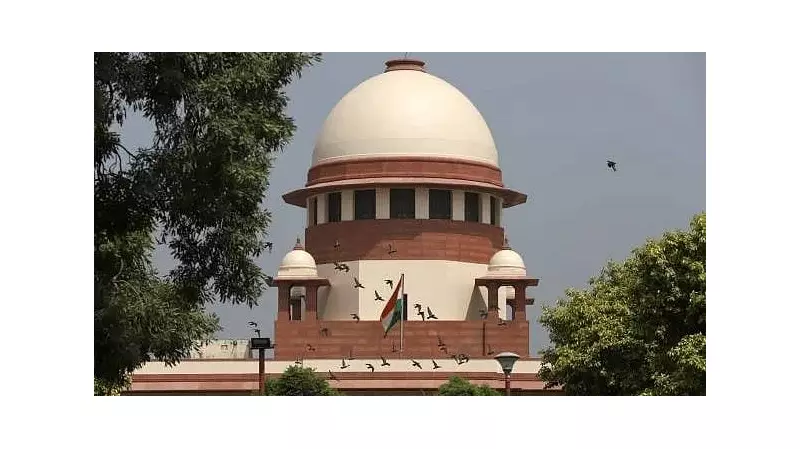
The Supreme Court has issued a formal notice to the Election Commission of India regarding fresh petitions that challenge the ongoing Special Intensive Revision (SIR 2.0) exercise in Kerala and several other states. This development adds another layer to the ongoing legal battle over the electoral revision process.
Legal Challenge Expands to Multiple States
The apex court is already examining a batch of petitions that question the constitutional validity of the Election Commission's decision to conduct the pan-India SIR exercise. The latest petitions specifically target the implementation of SIR 2.0 in Kerala and other states, arguing that the process could potentially affect voter rights and electoral integrity.
According to the case details, the Supreme Court bench took cognizance of the new pleas on November 21, 2025. The court has directed the Election Commission to respond to the allegations raised in these fresh petitions, which claim that the SIR 2.0 exercise might lead to unnecessary complications in the voter registration process.
Background of the SIR Controversy
The Special Intensive Revision program represents the Election Commission's comprehensive effort to update and clean the electoral rolls across India. However, the initiative has faced significant opposition from various quarters, with critics alleging that the process could potentially disenfranchise certain sections of voters.
The legal challenges began earlier this year when multiple petitioners approached the Supreme Court questioning the fundamental basis of the SIR exercise. With the addition of these new petitions from Kerala and other states, the scope of the legal battle has significantly widened, now encompassing regional specific concerns alongside national-level issues.
What Comes Next in the Legal Process
The Supreme Court's notice to the Election Commission marks a crucial step in the judicial process. The Election Commission now has a specified timeframe to file its response and present its arguments defending the SIR 2.0 exercise.
Legal experts suggest that this case could have far-reaching implications for how electoral revisions are conducted in India. The outcome might establish important precedents regarding the Election Commission's powers and responsibilities in maintaining and updating voter lists.
Meanwhile, political observers in Kerala and the other affected states are closely monitoring the situation, as any decision could impact upcoming elections and political strategies in these regions.





